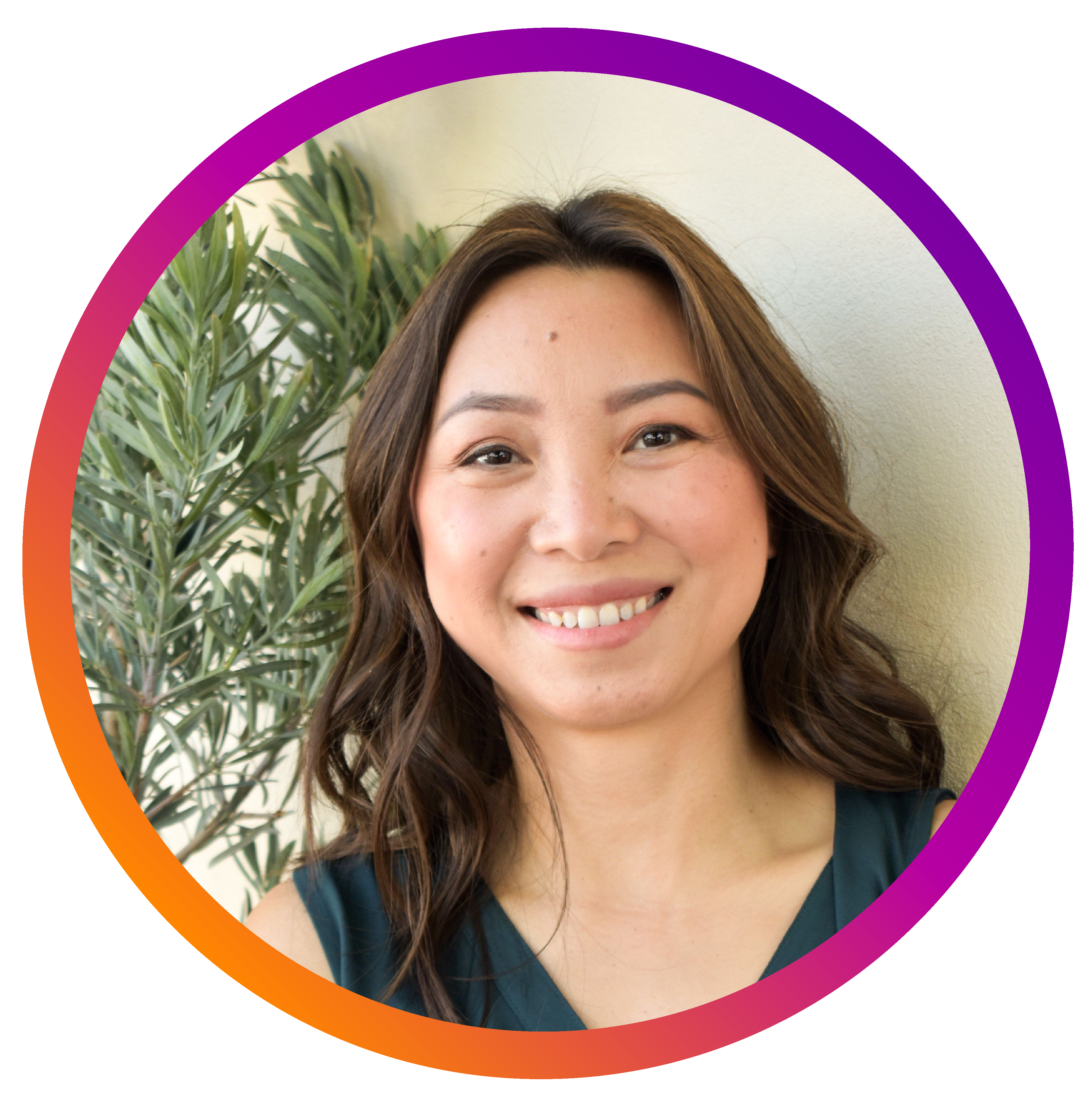
When we are vulnerable with each other, our emotional load lightens.
When we step back and take a deeper look at what we are seeking in intimate partnership, many of us find a desire for acceptance, support, and connection. Yet many couples get stuck in painful cycles with each other, experiencing far too little of the joys of relationship. Sad, isn’t it? We chose to be in relationships expecting and wanting love and tenderness, but in reality we often experience an equal share of disappointment, even pain.
What I see in my own life and my work with couples is that when we are vulnerable with each other, our emotional load lightens. We feel and act less defensively. We feel relieved and more connected.
Being vulnerable evokes many things for people. What does the word “vulnerable” evoke for you? Fill in the blank in this sentence:
“When I am vulnerable, __________________________.”
Personally, I find that when I’m vulnerable, I get more of the love I am seeking. Many people cringe at the idea of being vulnerable, thinking it will never get them what they want. Being vulnerable with your partner in couples therapy is a place to practice and be supported through the experience. It’s deeply meaningful and, at times, transformative to express or witness vulnerability in your relationship. It feels good. It creates safety, lessens anxiety, bridges distance, and settles partners down. We can be more truly ourselves.
Being vulnerable is hard for many people; so many of us as children never learned that being vulnerable is safe, or gets us anything except shame or punishment. Many of us were conditioned to hide our vulnerability from the very people whom we should’ve been able to express it with: our families of origin. As adults, we unconsciously reenact that hiding with our partners.
I find it helpful to remember that even though it may not have been safe in childhood, vulnerability is what often works in getting me and my partner more of what we are both seeking: a mutually satisfying relationship with ample positive shared experiences.
 Call Us Now
Call Us Now



